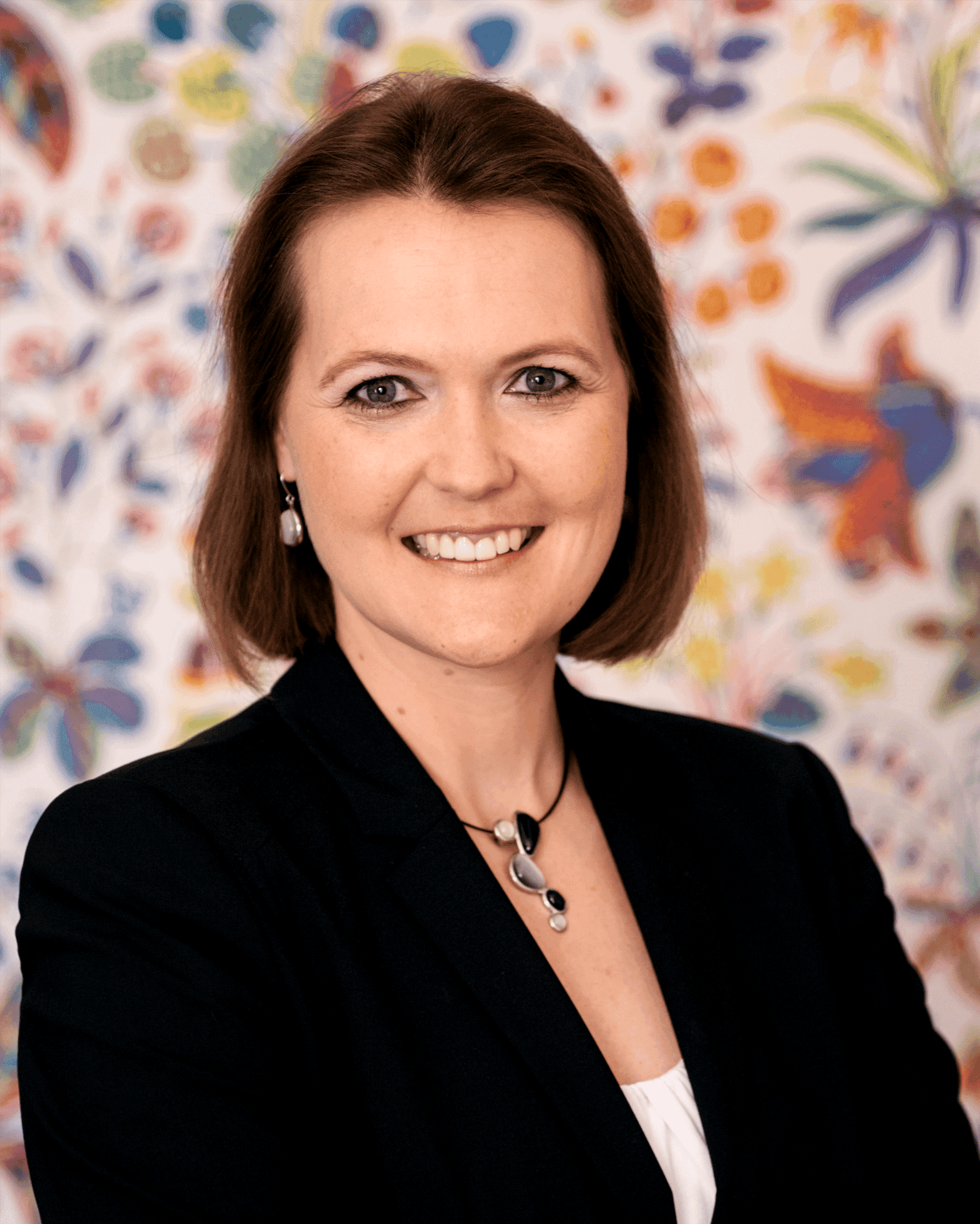Bank Gutmann is the market leader in Austria and specializes in the field of asset management and investment advice. As a modern family business with tradition, they always focus on customers and their needs. Their customers trust their expertise and experience in implementing their personal values, and have done so for generations.
Gutmann's investment company develops customized fund solutions in the area of mutual and special funds. They currently manage around 195 investment fons with a total volume of around 10.5 billion euros
Portrait

Company name: Bank Gutmann
Brief description of the project:
We were looking for a way for both our customers and employees to sign securely digitally. sproof turned out to be the right partner for us.
Why sproof sign:
"In the past, there was a folder that had to travel through the house and be signed in various places. Now there is a digital folder that makes our signing process much easier."

Marion Klotzberg, Chief Digital Officer
How did the decision to introduce the digital signature come about?
Klotzberg: "In private banking and generally when opening business relationships, many documents and contracts have to be signed and updated. It's ideal if you don't need a personal appointment on site for all these signatures. That's why it was important for us to find a way for both our customers and employees to sign legally in a secure environment. Of course, digital signatures were already an issue for us before Corona, probably more in the institutional than in the private customer sector. However, with Corona, we were increasingly looking for a solution."
What is the digital signature needed for?
Klotzberg: "On the one hand, for documents and reports that have to be processed and signed internally. On the other hand, for orders that we process jointly with business partners. It is also essential that both our customers and we - as a bank - can sign and exchange documents.
Which signature standard is used?
Klotzberg: "We currently use only the highest standard of qualified electronic signature (QES) because of our banking business and the security factor. However, if we take a look into the future, we are considering whether an advanced signature might not be sufficient in part internally."
What resources can be saved?
Klotzberg: "The time factor is an important point. In the past, we only had signature folders that were physically moved around the company and signed at various internal locations. Now we are also increasingly using a digital "folder" in which it is defined from which location it requires a signature before it is sent. The documents in this folder can be signed much more quickly."
"There used to be a folder that had to travel through the house and be signed in various places. Now there's a digital folder that makes our signing process much easier."
Marion KlotzbergChief Digital Officer
What were the most important requirements when choosing the signature platform and what role did the interface for qualified signing play in this?
Klotzberg:
"The most important thing was that my colleagues could sign digitally quickly. Another essential point for us and our customers is the eID & QES hub for digital identities from different European countries. We have offices in Budapest and Prague, so we need a platform that also integrates Eastern European certificate providers into the signature process. Thanks to sproof sign, our international customers do not need to apply for another qualified signature, they can continue to use the already existing qualified signature from their country. This makes for a much more pleasant customer experience and ensures the correct process of signing across country borders - without any further effort."
How did the implementation of sproof sign turn out?
Klotzberg: "At the beginning, we looked at the sproof website and got a test account. This allowed us to try out the functions and run through our various use cases. In the next step, our IT security officer checked for data protection as well as security and up-to-dateness of the systems. Then we talked to sproof sign itself and finally decided to go for it. After the final contract negotiations, which are quite complex in private banking, we clarified and finalized all requirements."
Why a European cloud provider?
Klotzberg: "It is very important to us that we cover all regulatory and security requirements. This also includes knowing exactly what happens to both our data and the data of our customers. How they are stored, where and for how long, as well as who else is involved in this process. That's why we chose a European company."
How important is digitization in banking?
Klotzberg: "Digitization will continue to accompany us in various forms, because it is not a big trend for a few years and then suddenly gone again. It may not be the exclusive way to communicate with our customers, but it is also there to support us and our customers. Digitalization is here to stay. I believe there will be many other developments in the future that we can't even imagine now that can simplify our lives."
More blog entries
"We do Austria's accounting". The federal accounting agency (BHAG) signs digitally.QES, AES, EES: All e-signature standards at a glanceHow does the qualified digital signature work?Signing contracts legally online (and having them signed) - what you need to knowKyocera & sproof. A little digitization fairy tale.


